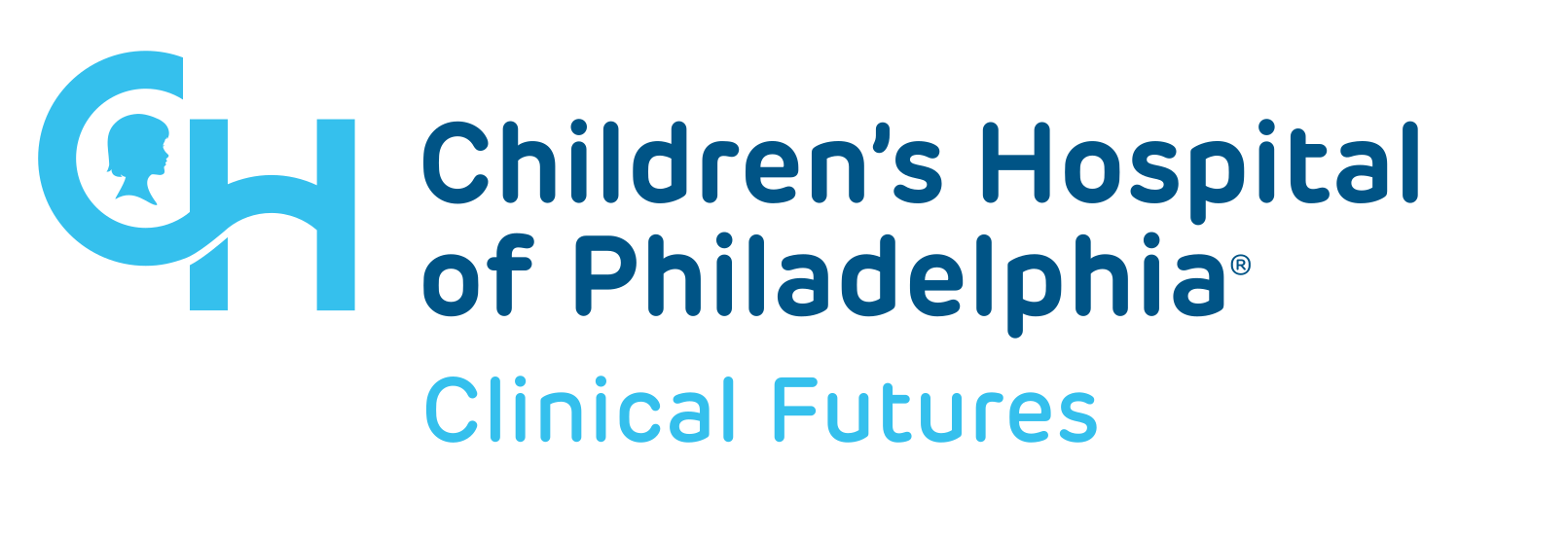Research In Practice Blog
Breadcrumb

We know that engaging patients in their care can positively impact their health outcomes. Most experts also advocate for shared medical decision making, in consideration of informed consent and respect for agency and autonomy.
The practice of shared decision making can become quite complex for patients whose age renders them legally incompetent but who are developmentally capable of participating in their own care. Considering these issues and more, Clinical Futures’ Core Faculty member Victoria A. Miller, PhD, and her colleagues conducted a recent study to gain a better understanding of how adolescent decision-making involvement (DMI) can be improved.
Study Design and Findings
Dr. Miller and her team surveyed 64 teens with chronic illness, 62 of their parents, and 16 clinicians about recent clinic visits, prompting them to share ideas for increasing teen DMI. Participants shared their desires for better approaches to communication and communication practices, for pre-visit preparation practices, for better patient support, and more.
Findings and Implications
Direct patient-clinician communication (unmediated by the parent) was recognized by teens, parents, and clinicians as a strategy for improving DMI. Pre-visit checklists and preparation were also a strategy recommended by all three groups surveyed. Implementation of such processes may be an effective way to improve DMI for younger patients.
Dr. Miller recently received funding from the Research Institute 2023 Add-an-Aim (AAA) Thematic Accelerator Grant Program. The new Aim is to assess acceptability, barriers, and facilitators of possible caregiver-, adolescent-, and clinician-focused intervention techniques to facilitate adolescents’ decision-making involvement during outpatient specialty care visits for chronic illness. Based on these data, the team will refine intervention components and develop a prototype intervention that is ready for pilot testing.
Dr. Miller conducts developmentally informed behavioral research to examine the impact of parent-youth communication and decision making on health-related behaviors and outcomes, in the context of chronic illness management and primary care. Overall, she aims to conduct research that facilitates youth involvement and empowerment in health-related decision making and enhances parent-youth-provider relationships. Methodologically, she has significant experience with measure development, observational methods, and qualitative design and analysis.
One broad area of her research has focused on independent self-management of chronic illness, with a particular focus on the development of decision-making autonomy and competence. This line of research has underscored that the parent-youth relationship is an important context in which decision-making independence and competence develop. One product of this work is the Decision Making Involvement Scale to measure how parents and children interact around decisions that need to be made. The second broad area of her research has focused on informed consent and assent in pediatric medical settings, with specific projects related to physician-parent-patient communication, parental decision-making control, and children's and adolescents' roles in decision making.
Study author from Clinical Futures: Victoria A. Miller, PhD
Other study authors from Children’s Hospital of Philadelphia: Elizabeth Friedrich, MPH, Morgan Snyder, BS, Evelyn Stevens, MPH, and Ettya R. Fremont, PhD, MPP
Additional research partners from Clinical Futures at Children’s Hospital of Philadelphia: Alexander G. Fiks, MD, MSCE and Pamela F Weiss, MD, MSCE
Miller VA, Ibarra Toro A, Friedrich EA, Snyder M, Stevens E, Fremont ER. Adolescent, Parent, and Clinician Perspectives on Increasing Adolescent Involvement in Decision-Making During Clinic Visits [published online ahead of print, 2023 May 19]. J Pediatr Health Care. 2023;S0891-5245(23)00121-9. doi:10.1016/j.pedhc.2023.04.012
Supported by NIH 1R01NR020005 and MCHB T71MC30798 (LEAH).
